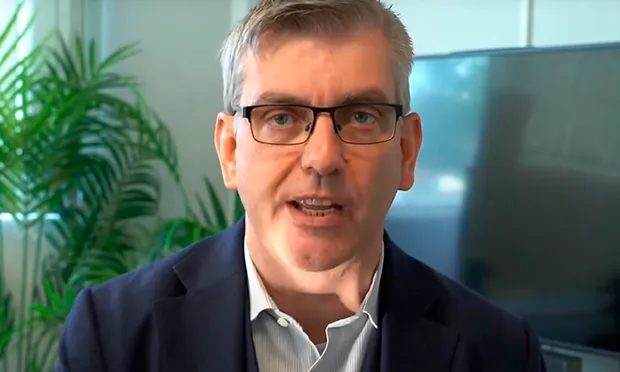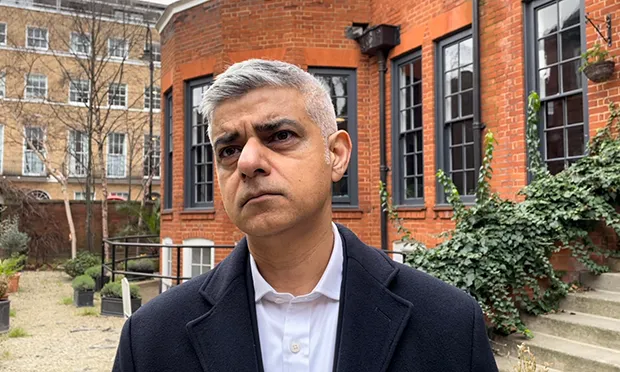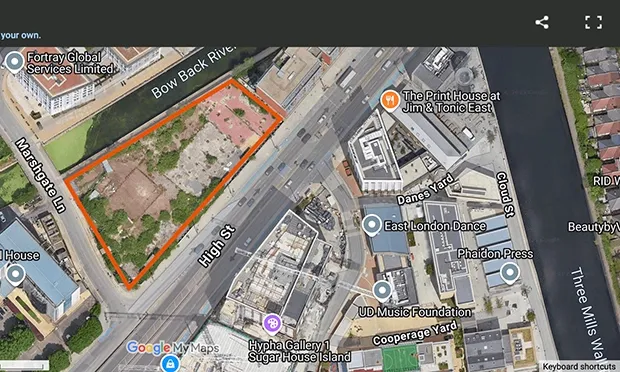The founder of a group of independent schools famed for its zero-exclusions policy has hailed the government's efforts to make inclusivity a core part of the education system.
Thomas Keaney, CEO of The Complete Education Solution (TCES), told the Citizen that he believes a "very positive sea change is coming".
TCES runs a number of schools, including one in Newham, where pupils who cannot access mainstream schools are supported through 'therapeutic education'.
Many of TCES's pupils have special educational needs and disabilities (SEND) and have been through adverse childhood experiences (ACEs).
Keaney was particularly impressed that the government's reforms would see schools having to find space in their budgets to support SEND students.
"It's now not actually going to be a question of 'if' but 'when' they do that, so very exciting times ahead, and very positive times."
Keaney was speaking after TCES hosted a conference in February that brought together leaders from across the education and childcare sectors to discuss absenteeism and exclusions in schools.
A key theme of the event, titled ‘Preventing Lost Learning Through Increasing Attendance and Reducing Exclusions’, was the urgent need for inclusive education strategies.
Research presented by the Institute for Public Policy Research (IPPR) highlighted the significant social and economic costs associated with school exclusions.
According to the IPPR, excluded children are twice as likely to be placed in care, four times more likely to have grown up in poverty, and 10 times more likely to experience mental health issues.
Speaking at the conference, Keaney, whose schools boast a remarkable 25-year record of zero exclusions, highlighted TCES’s therapeutic approach, which focuses on providing support and understanding to vulnerable children.
“With the right support systems in place, exclusion is not inevitable,” he told attendees.
In the coming months, TCES will work alongside other education providers with the aim of reducing exclusions.
Keaney told the Citizen this would involve 'audits' and resources provided by TCES so that other schools may benefit from its expertise in educating children without resorting to exclusions.
"We're going to start in the next few weeks with short courses where we start a conversation with hundreds of schools to talk about how they begin that journey of inclusion," he explained.
"It's about a mindset - how do they get into the mindset that it is not okay to exclude disabled children? - and [to show them] that there are other alternatives."
TCES will offer what it calls 'Great Minds training', which will expound the benefits of a therapeutic education.
Keaney lamented the fact that teachers currently only get one small module on special educational needs.
"We have lots of children who have the most extraordinary gifts and talents internally - beside the worst wounds they have the greatest gifts," he added.
"But the problem is that if they're deemed or labelled to be a problem or a nuisance in class, nobody bothers to look to their talents. Schools just deal with the surface-level needs of the child.
"From my point of view, this is an opportunity for teachers to learn and re-learn how to work. Nobody wants to exclude children - no teacher in the land wants to be placed in that position.
"We want to upskill teachers through Great Minds training, and that training is about therapeutic education.
"There are basic principles when you're working with children, especially those with special educational needs: be respectful, non-judgmental, non-labelling, look for their gifts, build on strengths, and don't always look for deficits.
"In other words, [these children] would benefit from a remarkable teacher. I did. And what that teacher could do was give real empathy and understanding."
Keaney tells the story of former England and Arsenal footballer Ian Wright, whose meeting with his old PE teacher went viral years ago.
He said: "Ian Wright was in a school, an inner city school that wasn't doing well, a comprehensive, and he was wandering around with four other pals.
"A PE teacher, Mr Pigden, spotted him and for some reason took a shine to him and started to get him involved in football - not because Ian was good at it but because that was a shared interest between them.
"At that time, Ian Wright was having all sorts of struggles at home, and this teacher didn't need to talk about those struggles, he didn't need to be a social worker or a therapist. He just needed to be there for Ian.
"The lesson for me is much less about Ian and more about his four mates. Two of his mates ended up dying and two went to prison, because nobody spotted them.
"I want schools to design in to their services, not accidental, lottery-winning Ian Wright stuff, I want it designed in the centre of what they do: that every child has a mentor, that every child gets that attention.
"We want no more accidents, where some children 'get' and some don't because of some sort of lottery - what we want instead is that this is all designed deeply into the curriculum, into mentoring, into the way we view children, so it's not an accident and it always happens.
"That's what we'll be training schools in: making it part of their design and not the really good teacher that we all remember.
"I want children to remember every teacher as being really good."





